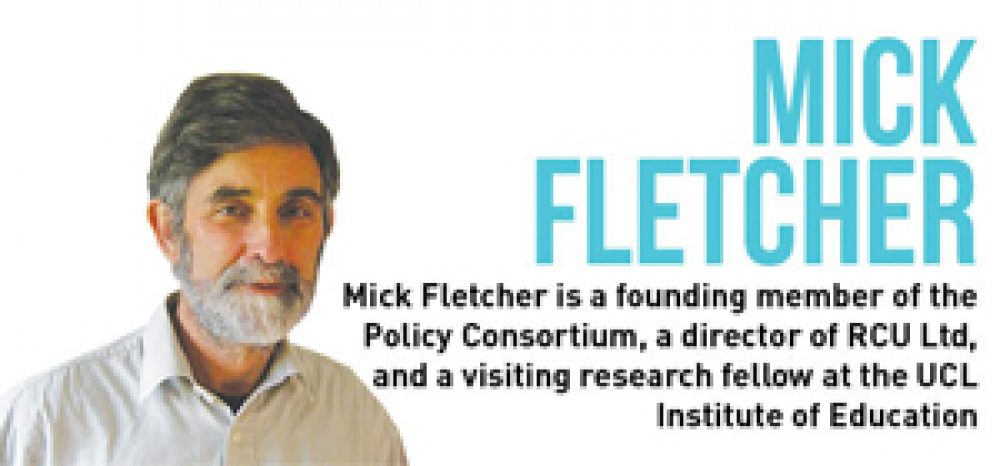During a recession it would make more sense for people to be supported to learn new skills in further education than paid to look for jobs that don’t exist. That is the simple headline message of a new report prepared by the 157 Group to be published this week.
Colleges maintain that there are many young people, and older people too, who would benefit from the opportunity to retrain or increase their qualifications but are prevented from doing so by the lack of maintenance support.
Colleges contribute in several ways to tackling unemployment and could do more were the right policies in place. The most obvious way they contribute is in providing a constructive alternative to staying at home on benefits or fruitless job search. Further education courses can equip people with the skills the economy will need when the upturn comes, to the benefit of both individuals and employers.
Colleges need to be able to offer those parts of courses that employers want, not just that which is on a government approved list.
For many, however, financial support is key. The latest figures on participation for 16 to 18-year-olds show that the percentage in education and training has fallen for the first time in a decade; and that it is concentrated among those groups hit by the loss of EMAs.
For adults the government’s impact assessment shows that many older learners will feel unable to continue if grant support for fees is replaced by loans. A first policy priority has to be to stop participation falling further.
But there are options for participation to grow. There is a marked lack of maintenance support available for those wanting to undertake full time FE compared with the billions spent on full time HE.
It ought to be possible to introduce a system of grants and loans on the same lines as for undergraduates that would, in part, be paid for by savings on Job Seeker’s Allowance and other benefits. It would make sense to give JSA claimants the option of a learning loan, rather than having a learning programme truncated by the vagaries of the 16-hour rule.
If business and colleges are pulling in the same direction it is hard to see how government can resist.
It would be good if self improvement through FE were actively encouraged rather than grudgingly conceded.
It is not, however, simply a question of money. The other major way FE contributes to tackling unemployment is by helping firms remain competitive and the report suggests colleges could do more were they not restricted in what they can offer. Firms need support with business problems and do not always want qualifications. Colleges need to be able to offer those parts of courses that employers want, not just that which is on a government approved list.
This latter point is picked up by John Cridland, director general of the CBI, in a foreword commending the report. “Now, the focus must be on ensuring colleges are freed up to work with businesses at the local level” he says, a point echoed by Paula Whittle, Principal of Ealing, Hammersmith and West London College who leads on unemployment for the 157 Group saying “We need funding flexibility and the promotion of the full range of FE programmes in the same way as government has actively promoted apprenticeships”.
If business and colleges are pulling in the same direction it is hard to see how government can resist.
Mick Fletcher is an FE consultant and author of the 157 Group Policy Paper







Your thoughts